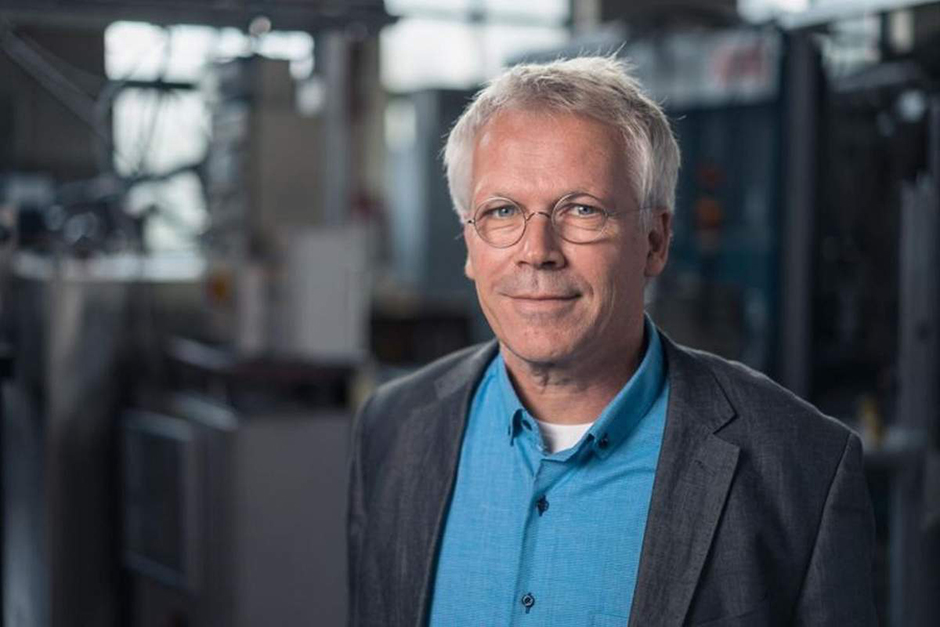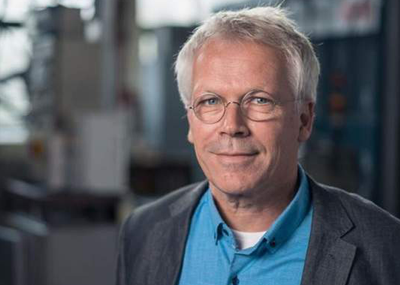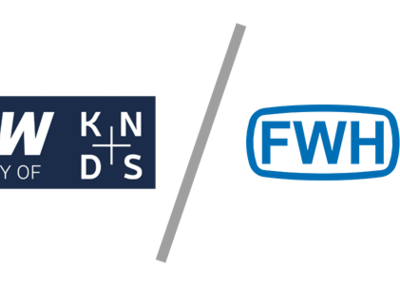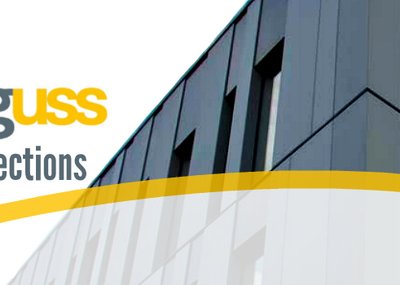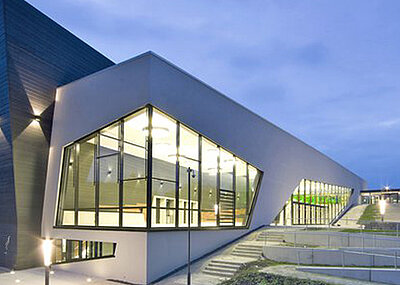Mr Röders, your company was founded in 1814. The owners have always run the company, now in the 6th generation. How do you manage to keep innovating?
Innovation is a constant process and has a lot to do with strategic orientation. Sometimes, however, good ideas are simply the result of a creative impulse from an employee. That is why we attach great importance to good training and further education for our employees.
It is important to note that innovation is not an end in itself - it strengthens our competitiveness. As a specialized foundry company, we supply our customers in various industries. Aviation, medicine, metrology, or the automotive industry - all sectors with very high research and development intensities. If you want to survive in these sectors and be resilient in the face of crises, you must remain innovative at all times.
But creating innovation is not just about having good ideas. A lot depends on a vibrant ecosystem - you can't do it alone. We work closely with several universities and universities of applied sciences; we are firmly integrated into the research landscape. In fact, even the university is at home with us. Because in our foundry in Soltau there is a die-casting machine that doctoral students from the University of Braunschweig use for research.
What are you currently researching?
Our research focuses on process innovation and digitalization. Now we are concentrating particularly on the changeover to climate-neutral production. We are conducting trials with hydrogen ovens, for example, and are learning a lot. Hydrogen is an attractive alternative for becoming less dependent on gas and avoiding emissions. However, we need to build and expand a hydrogen infrastructure in our region.
We are also looking at how we can use artificial intelligence to make production control and supply chain management more efficient. In terms of sustainability and the circular economy, we are developing new high-quality recycled alloys. Some of our tools come from 3D printers.
What hurdles do you have to overcome to produce successful innovations?
Financing is a key challenge. Access to loans from banks is just as important as efficient funding programs from politicians at all levels. The market for innovations is dynamic and research ideas must be implemented quickly. There is a need for improvement here. It is often too time-consuming to find the right funding programs and to submit the applications. The decision-making process is sluggish and in the case of European funding it is almost impossible for SMEs to meet the criteria. The obstacle here is the European Union's SME definition, which prescribes a company size of less than 250 employees - it misses the reality of labor-intensive industries like foundries.
Another major hurdle lies in the implementation risk of an innovation. Medium-sized companies often lack the capital and methodology to generate sales from research results. The risks posed by labour laws and other regulatory requirements also sometimes lead to promising projects being shied away from.
Of course, the shortage of skilled workers also makes our research and development more difficult. We need more well-qualified employees and the employees in turn need more time for their core tasks. Our engineers must cope with bureaucracy such as certifications and reporting requirements, for example for the Supply Chain Sourcing Obligations Act. This ties up urgently needed resources, paralyses creative thinking and hinders innovation processes.
How can politics support Germany so that it remains a research country, even in traditional manufacturing companies?
A few points come to mind:
In view of demographic change, we urgently need more skilled workers, also through a modern, legally secure immigration policy. In addition, our dual training system must be strengthened. Professional training must finally be given the same status in society as academic training.
State support, such as tax breaks for research, the German Federation of Industrial Research Associations (AiF) and the Central Innovation Program for SMEs (ZIM) must be urgently maintained and further expanded in a targeted manner. Industrial collaborative research is central for us. We cannot go it alone, we need a network. At the same time, our know-how must be safe with us, especially vis-à-vis international and large companies. Our investments will only be worthwhile if there are legal regulations that ensure fairness in the research network.
Bureaucratic rules are necessary, but they must remain within limits. Today, too many employees deal with paperwork and verification requirements. We are giving away our resources to non-innovative and non-value-added activities.
We would benefit from a reformed SME definition at the European level with higher quantitative thresholds. Or a separate "mid-cap category" above SMEs. The current definition only represents a small part of the industrial SME sector. Too many fall outside the grid.
The interview was conducted by Vanessa Wannicke, BDI e.V. SMEs and Family Businesses

